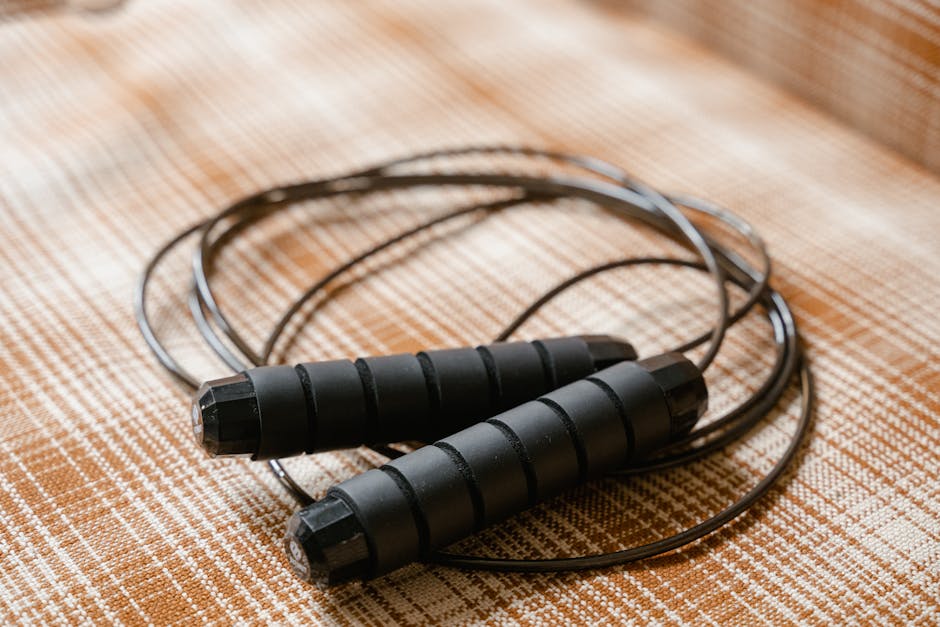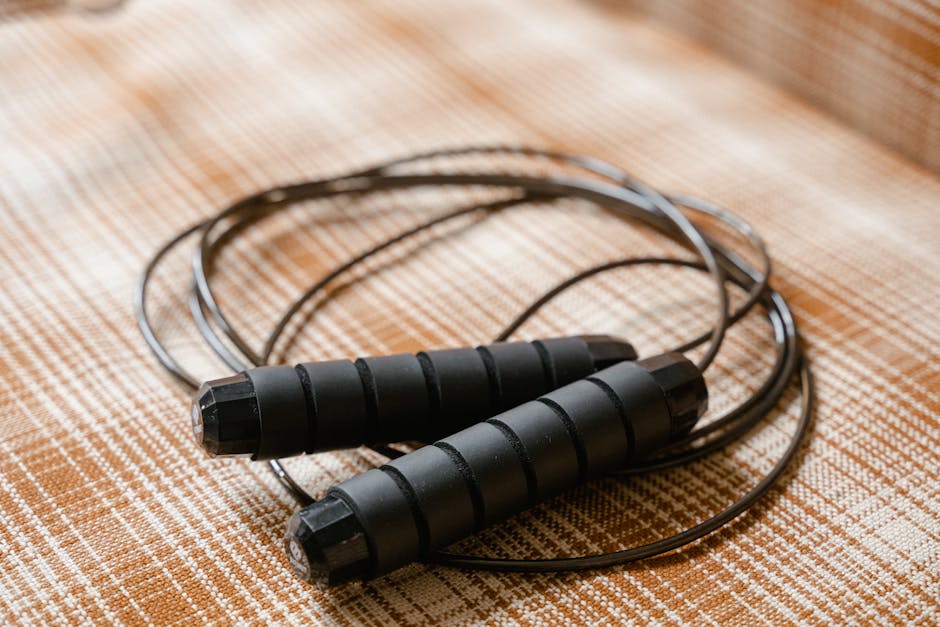Best Berberine for Weight Loss: A Comprehensive Guide to Supplements, Dosage, and Side Effects
Berberine, a natural compound extracted from various plants like barberry, goldenseal, and Oregon grape, has gained significant traction as a potential weight-loss aid. While not a magic bullet, research suggests berberine can contribute to weight management through several mechanisms. This comprehensive guide delves into the best berberine supplements for weight loss, explores its benefits and drawbacks, and provides essential information on safe and effective usage.
Understanding Berberine’s Role in Weight Loss
Berberine’s weight-loss benefits aren’t solely about burning calories. Instead, it works through a multifaceted approach, impacting several key metabolic processes:

- Improved Insulin Sensitivity: Berberine enhances insulin sensitivity, helping your body utilize glucose more effectively. This can lead to reduced blood sugar levels and decreased fat storage.
- Increased Fat Burning: Studies indicate berberine may stimulate fat breakdown and reduce fat accumulation, potentially contributing to weight loss.
- AMPK Activation: Berberine activates AMP-activated protein kinase (AMPK), a crucial enzyme that regulates energy metabolism. AMPK activation can promote fat oxidation and glucose uptake.
- Gut Microbiome Modulation: Emerging research suggests berberine may positively influence the gut microbiome, impacting metabolism and contributing to weight management.
- Appetite Regulation: While less studied than other effects, some research suggests berberine may play a role in appetite regulation, potentially reducing overall calorie intake.
Choosing the Best Berberine Supplement for Weight Loss
Selecting a high-quality berberine supplement is crucial for maximizing benefits and minimizing risks. Look for these key factors:
1. Standardization and Purity:
Ensure the supplement is standardized to contain a specific amount of berberine, typically expressed as berberine hydrochloride or berberine sulfate. This guarantees consistent dosage and efficacy. Look for third-party testing to verify purity and the absence of contaminants.
2. Supplement Form:
Berberine is available in various forms, including capsules, tablets, and liquids. Capsules and tablets are generally convenient, while liquids may offer faster absorption. Choose the form that best suits your preferences and lifestyle.

3. Dosage:
The optimal berberine dosage for weight loss varies depending on individual factors and research findings. Typically, doses ranging from 500mg to 1500mg per day, divided into multiple doses, are used. It’s crucial to start with a lower dose and gradually increase it under the guidance of a healthcare professional.
4. Brand Reputation:
Choose supplements from reputable brands with a history of quality and transparency. Look for brands that provide detailed information on their manufacturing processes, ingredients, and testing methods. Read online reviews and check for certifications.
5. Potential Interactions:
Berberine can interact with certain medications, including blood thinners, diabetes medications, and heart medications. It’s vital to discuss berberine supplementation with your doctor, especially if you are taking any medications, to avoid potential adverse effects.
Benefits Beyond Weight Loss:
Berberine’s health benefits extend beyond weight management. It’s been studied for its potential to improve:
- Blood Sugar Control: Berberine may be beneficial for individuals with type 2 diabetes by improving insulin sensitivity and reducing blood sugar levels.
- Cholesterol Levels: Some studies suggest berberine may help lower LDL (“bad”) cholesterol and triglycerides.
- Blood Pressure: Berberine may contribute to improved blood pressure regulation.
- Metabolic Syndrome: Due to its effects on insulin sensitivity, cholesterol, and blood pressure, berberine may help manage metabolic syndrome.
- Inflammation: Berberine possesses anti-inflammatory properties that could contribute to overall health benefits.
Potential Side Effects and Precautions:
While generally considered safe, berberine can cause side effects in some individuals. These may include:
- Gastrointestinal Issues: Diarrhea, nausea, and abdominal discomfort are the most common side effects, often mild and temporary.
- Low Blood Sugar: Berberine can lower blood sugar levels, so it’s crucial to monitor blood sugar closely, especially for individuals with diabetes or hypoglycemia.
- Drug Interactions: As mentioned, berberine can interact with certain medications. Consult your doctor before taking berberine if you are on any medications.
- Allergic Reactions: Allergic reactions are rare but possible. Discontinue use and seek medical attention if you experience any allergic symptoms.
Dosage and Usage Recommendations:
It is crucial to consult with your healthcare provider before starting any berberine supplement for weight loss. They can assess your individual health status, potential drug interactions, and advise on the appropriate dosage and duration of use. Self-treating can be dangerous, and a personalized approach is vital for optimal results and safety.
Conclusion:
Berberine shows promise as a natural supplement that may contribute to weight loss through various mechanisms. However, it’s essential to choose high-quality supplements, follow recommended dosages, and consult with a healthcare professional to ensure safe and effective use. While berberine may be a valuable addition to a comprehensive weight-loss strategy, remember that it’s most effective when combined with a healthy diet and regular exercise. Don’t consider berberine a miracle cure; it’s a tool that can support your overall health and wellness journey.


